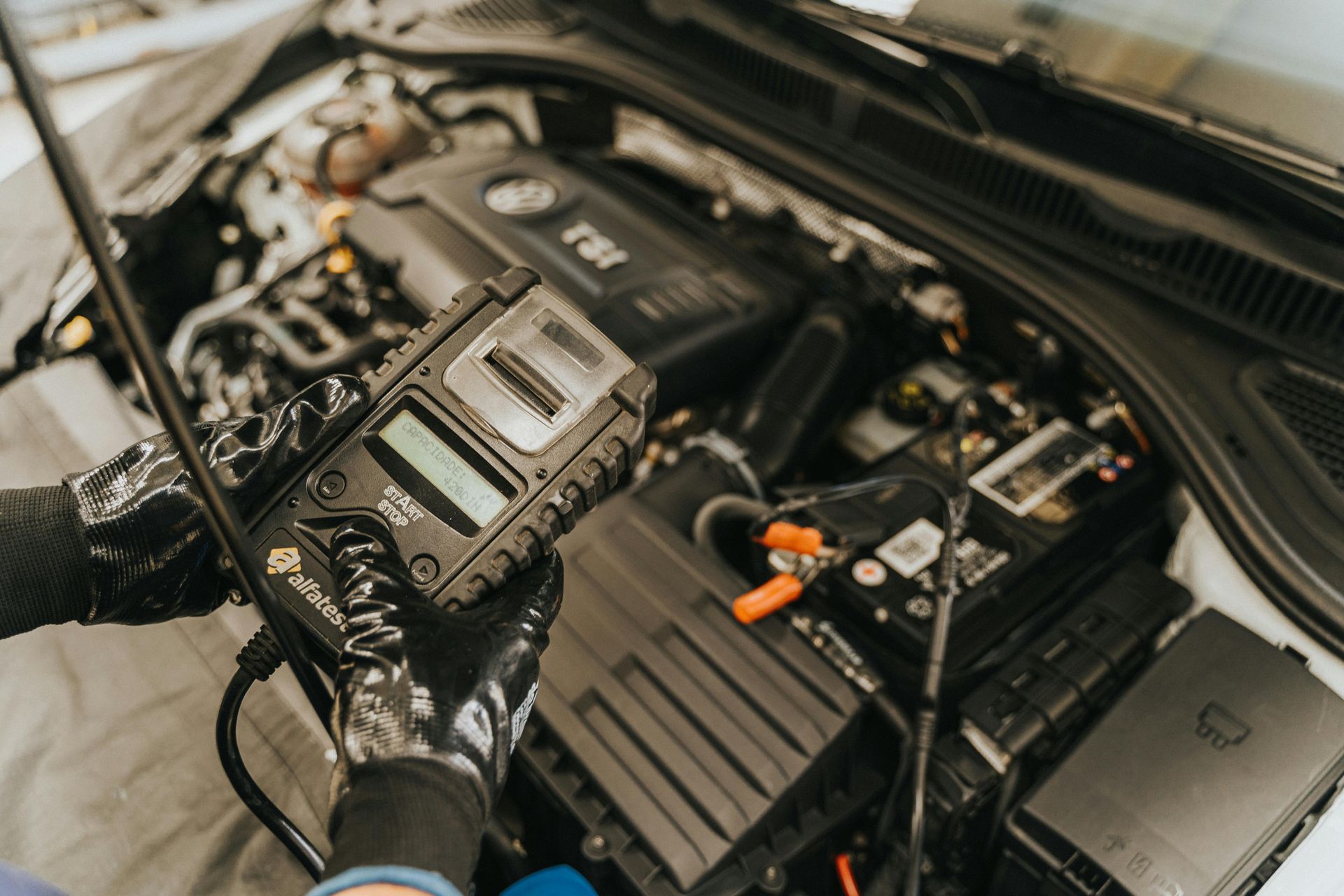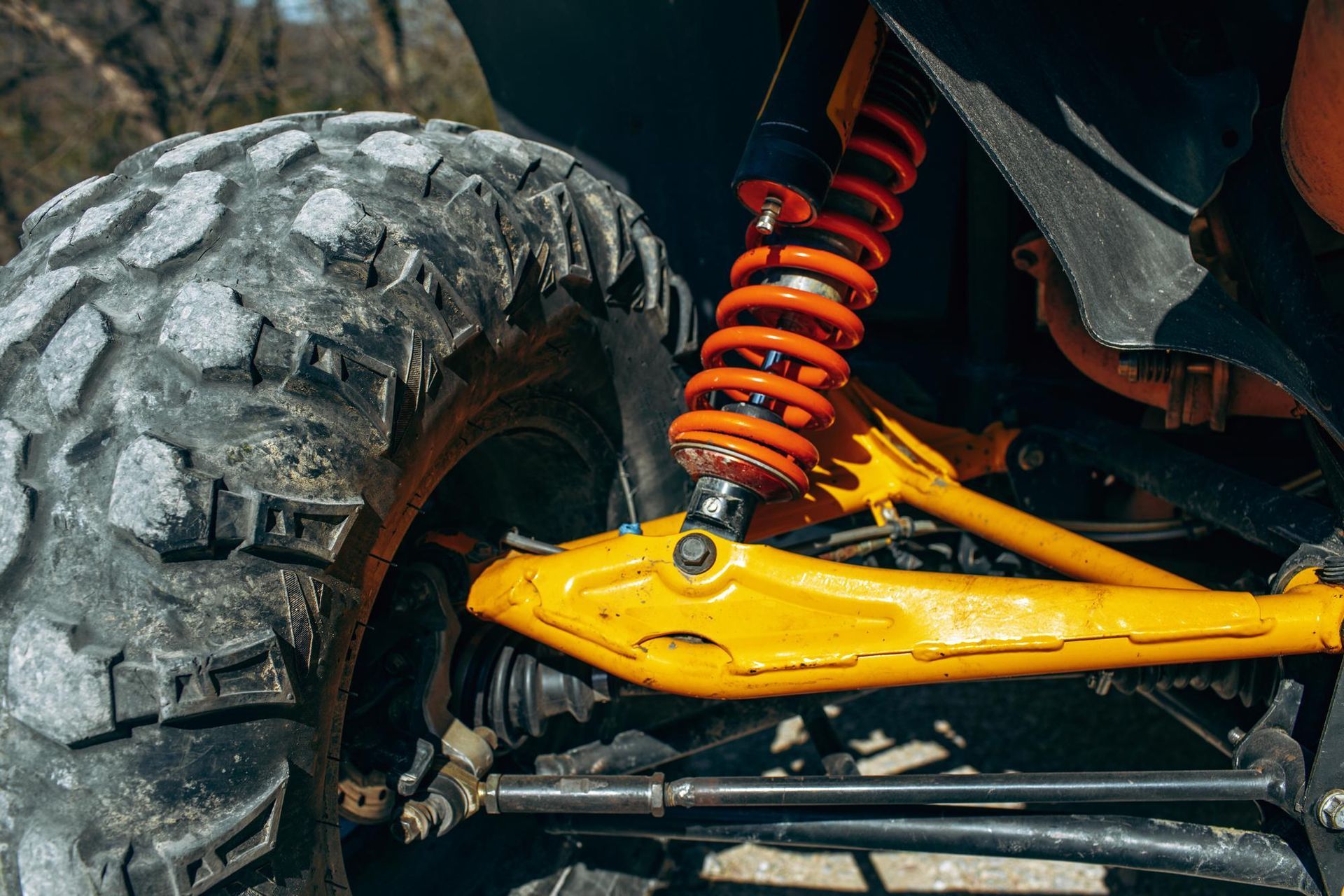Our Blog
Expert brake repair services at inMOTION Auto Care in Lincoln, NE. Ensure safety and efficiency. Visit us today for reliable automotive care.
Explore expert battery replacement services at inMOTION Auto Care in Lincoln, NE. Discover tips, trends, and exceptional service. Visit us today!
Premier transmission repair in Lincoln, NE at inMOTION Auto Care. Trust us for reliable auto services. Visit us today!
Ensure optimal vehicle performance with wheel alignment services at inMOTION Auto Care in Lincoln, NE. Maximize tire life and safety. Visit us today!
Get expert air conditioning repairs at inMOTION Auto Care in Lincoln, NE, ensuring comfort and performance. Schedule an online appointment now!
Optimize your vehicle's performance with oil & filter changes at inMOTION Auto Care in Lincoln, NE. Schedule an online appointment now for expert service!
Discover reliable brake repair services at inMOTION Auto Care in Lincoln, NE. Enhance vehicle safety and performance. Schedule an appointment today!





